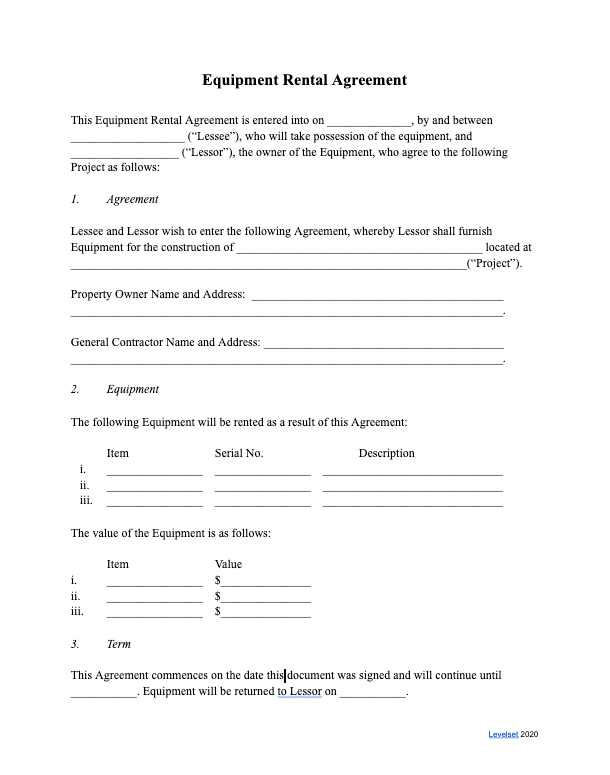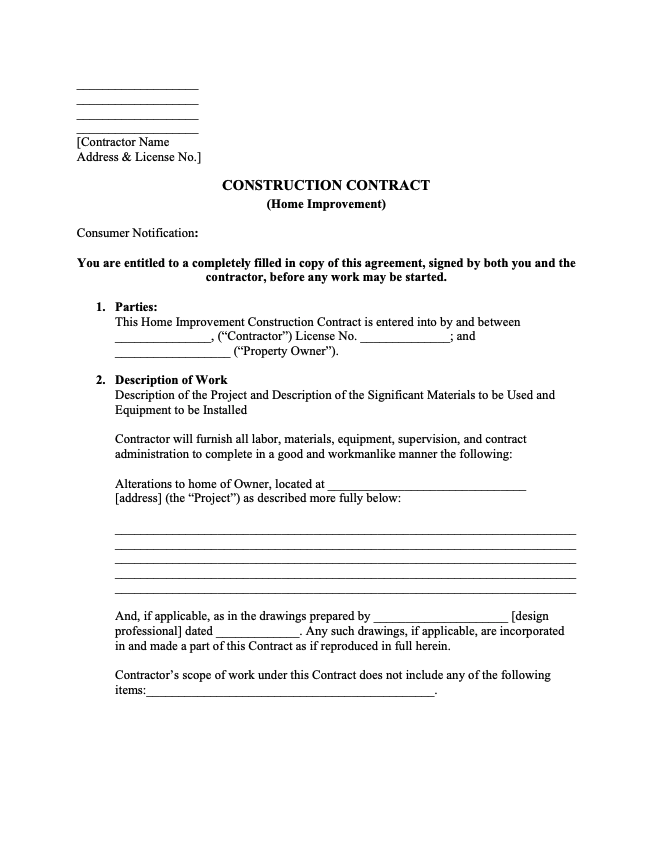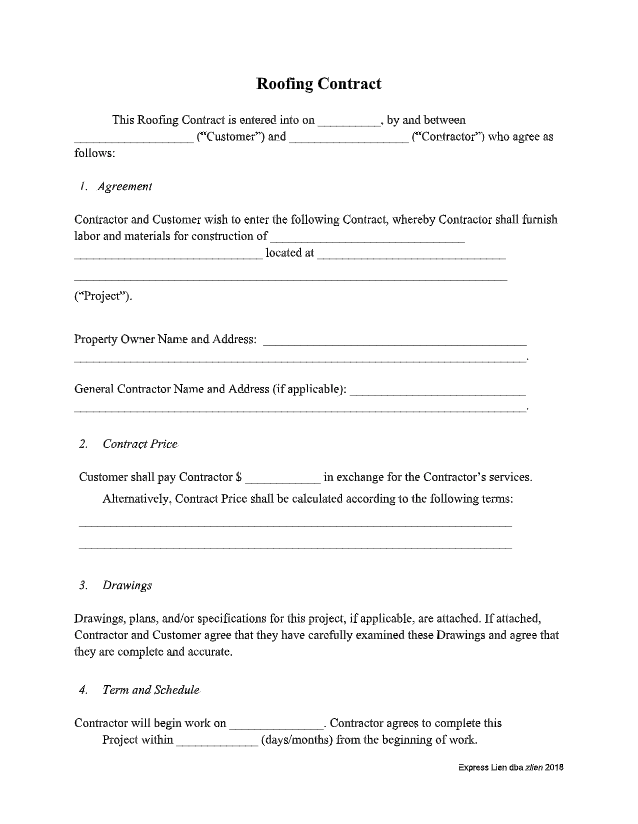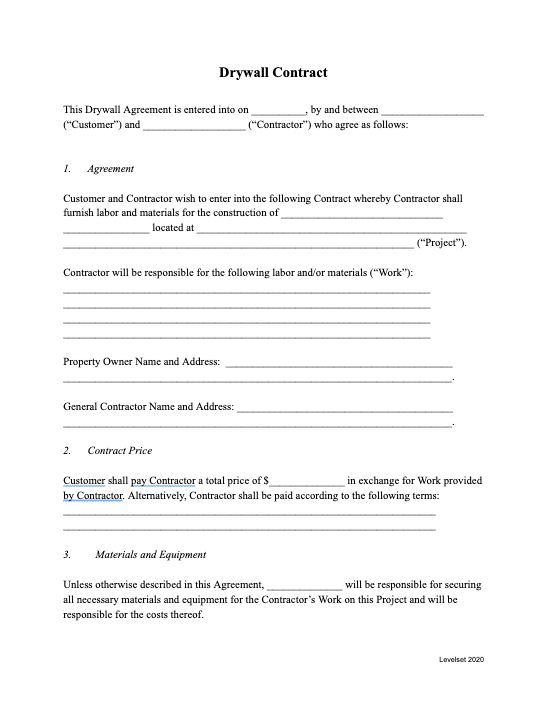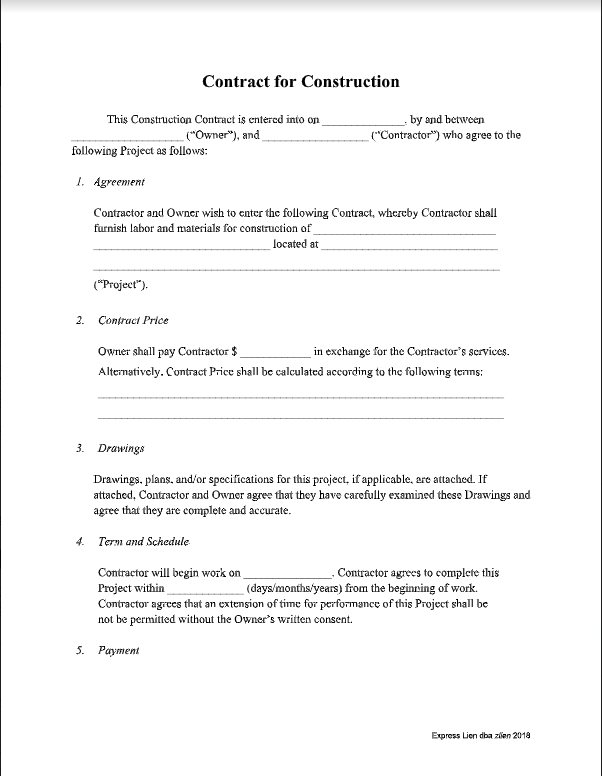What is a construction contract?
- Construction Contract Resources
- Top Links
Frequently Asked Questions (FAQs)
Get answers to frequent questions about construction contracts, including payment provisions, problematic clauses, and more.
Map of Construction Contract Rules & Enforceability
Quickly see the construction contract written requirements for filing mechanics liens and enforceability of no-lien and pay-if-paid clauses in your state with this color-coded US map.
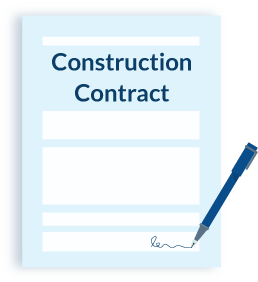
Free Contract Forms & Templates
Download a free template from our selection of simple-to-understand construction contract forms, prepared by construction attorneys.

Contract Review Checklist
Before you sign a construction agreement, review these common contract clauses and terms.

Construction Contracts Crash-Course | Expert Webinar
Watch an Expert Webinar that breaks down how to protect your payment upfront with an airtight construction contract. Find out how you can enforce a contract to resolve payment disputes.
At its core, a construction contract is simply an agreement between two or more parties to provide services in exchange for payment. Not much is needed to form a binding contract. Legally speaking, only 4 things are needed to form a valid construction contract:
- An offer
- Acceptance
- Consideration (i.e. money, or something of value)
- Legality (you can’t contract to break the law!)
In the construction industry, one project can involve multiple different contracts. We refer to this as the contract chain. An owner will have a contract with a general contractor, a GC will then have a contract with a sub, a sub may have a contract with a material supplier, and so on down the chain.
What to include in a construction contract
Construction contracts don’t need to be overly complicated documents. However, there should be enough detail to give both parties a clear picture of their agreement. A well-drafted contract should include all of the general project information, such as the “general conditions,” the parties involved, a general project timeline, a detailed scope of work, how substantial completion is defined, and more.
In addition to the project info, the contract should clearly explain the rights and responsibilities of all parties; such as payment application process, identify any retainage being withheld, how change orders are processed, notice provisions, etc.
Furthermore, a construction contract isn’t solely one document. There may be a number of other documents that can be attached or otherwise incorporated by the language. This can include things such as any drawings or specifications, a schedule of values, a bill of quantities, any special conditions, and a full project schedule
Common types of construction contracts
Contracts can be drafted in a number of different ways. This is known as the “freedom of contract.” This means the parties are free to agree to essentially any terms they want, obviously, with some limitations. However, in the construction industry, there are 5 types of contracts that are frequently used.
Lump-Sum/Fixed Price Contracts
This is the simplest form of a construction contract. Under these types of agreements, the customer agrees to pay a specified amount for the completion of the work. A line-item cost breakdown isn’t required.
- Read more: What is a Lump-Sum Contract?
Cost-Plus Contracts
These contracts require that a contractor be reimbursed for all costs incurred on the project (costs). In addition to that, there is a certain percentage of those costs which constitute the contractor’s profits (plus).
- Read more: What is a Cost-Plus Contract?
Time & Materials Contracts
This is an agreement where the contractor is paid an hourly rate for labor, the actual cost of materials and equipment, and an additional amount to cover overhead and profit.
- Read more: What is a Time & Materials Contract?
Unit Price Contracts
Unit price contracts are an arrangement where the customer pays a fixed, agreed-upon amount for completion of each unit of work. Instead of pricing the entire project, the contractor is based on individual “chunks” of work.
- Read more: What is a Unit Price Contract?
Guaranteed Maximum Price (GMP) Contracts
This is a cost-type contract, where there is an agreed-upon limit to how much the customer will be obligated to pay. These types of contracts will typically include a contingency fund as a safety valve in case unforeseen costs increase the contract price.
Common contract clauses
A typical construction contract will contain numerous different provisions and clauses. Some of them are relatively standard and included in almost every contract. These are known as boilerplate terms. You should read contract clauses carefully to understand how they affect your rights and remedies.
Some of the more particular clauses that may raise a red flag are:
Standard industry contract forms
There are some standardized construction contract forms that contractors and suppliers can use as well. Two of the most commonly used standardized contracts are the ones prepared by the American Institute of Architects (AIA) and ConsensusDocs. Whenever using one of the industry contracts, be sure that you read it thoroughly to understand how the terms and conditions can affect your rights.
 AIA Construction Contracts
AIA Construction Contracts
- AIA A401 Subcontractor Agreement: Progress payment clauses explained
- AIA A401 Subcontractor Agreement: Final payment provisions explained
 ConsensusDocs Contracts
ConsensusDocs Contracts
- ConsensusDocs 750 Subcontract: Payment clauses explained
- ConsensusDocs 751 Short-Form Subcontract: Payment clauses explained
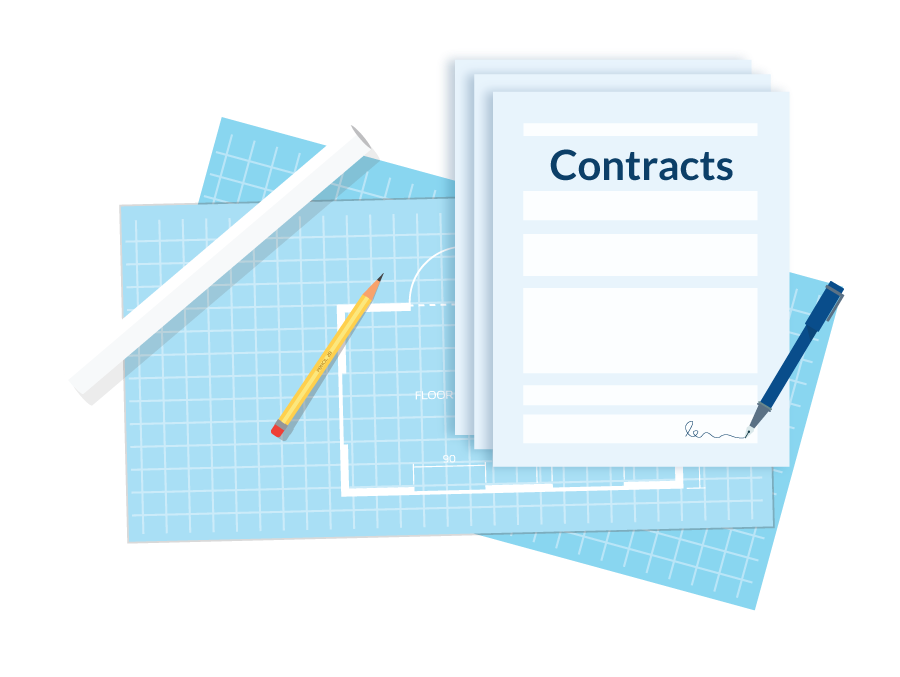

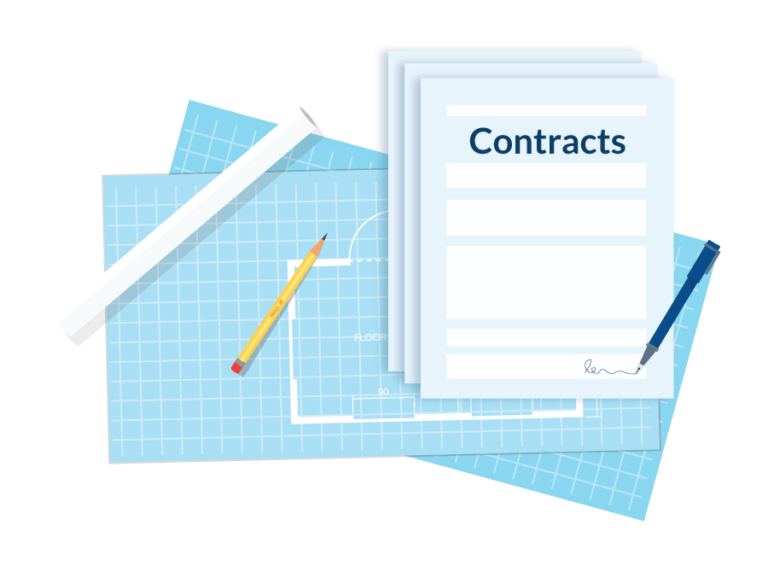
 AIA Construction Contracts
AIA Construction Contracts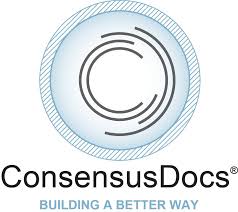 ConsensusDocs Contracts
ConsensusDocs Contracts
